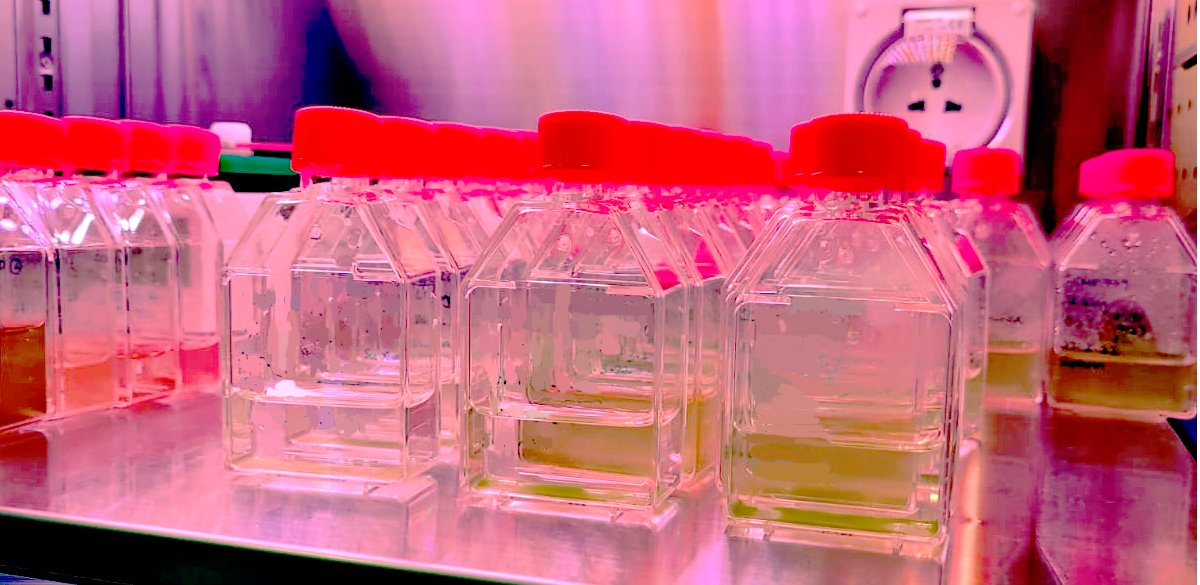Microalgae-based nutrients
Understanding bacterial-algal interactions to increase microalgal nutrience
Microalgae are known to produce beneficial nutrient compounds that can supplement the human diet. With the increasing importance of resource-efficient nutrient production and alternative meat-free protein sources, the ability of microalgae to produce protein-rich biomass with minimal input has made microalgae an alternate protein source of interest.
Using microalgae to produce protein rich food comes with many benefits, both nutritional and environmental. Microalgae-based biomass can comprise 50% or more protein - higher levels than those found in traditional protein sources such as meat, dairy, and soy. Microalgae-based protein also has a complete essential amino acids profile, in addition to vitamins and polyunsaturated fatty acids. We are interested in using waste-products from the food industry to grow microalgae, contributing to the reduction in waste outputs from food manufacturing processes.
The research on microalgal-based nutrients at the Case Lab investigates:
ideal conditions for growing microalgal strains, including the use of wastewater sources
investigating bacteria that nutritionally interact with microalgae to increase protein production in microalgae
using bacteria to optimize lipids and vitamins in microalgae for a vegan diet
Team members
With support from




